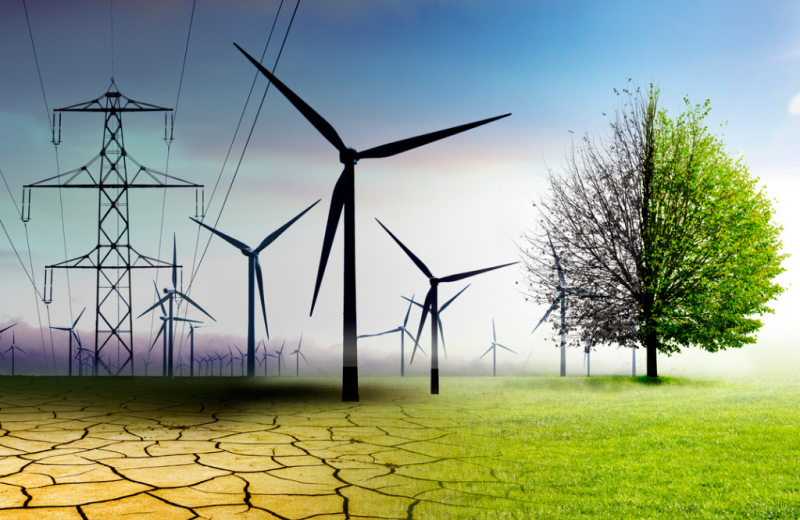 Policy Papers and Reports
/ Environmental Peacebuilding
Policy Papers and Reports
/ Environmental Peacebuilding
The paper discusses the rising power of local government and its ability to independently create and/or advance foreign relations in order to promote peace and good neighborly relations.
One of the prominent areas in which local government engages and cooperates with others today is the environmental and climate field, notably in light of the foot-dragging of nation-states around these issues.
Given this reality, the paper examines whether relationships and cooperation on the environment might be built between local authorities when their respective nation-states maintain no relations or only cold ones, or are in ongoing conflict. The paper analyses three theoretical axes: 1) the rising political power of local authorities vis-à-vis their nation-states, and as significant actors in global diplomacy; 2) growing local involvement with environmental problems; and 3) the promotion of environmental peacebuilding.
The paper analyses the feasibility of joining these axes, and gives relevant examples, focussing on the Israeli-Palestinian-Jordanian space. The main argument arising from the analysis is that local government has the tools and the effective opportunity to advance environmental cooperation as a stimulus to making peace; and further, that processes of this sort are particularly important when there is no political horizon. While Israel and its region are indeed the focus of this paper’s examination of local government and its potential for building relationships, the general insights derived are applicable to other regions of conflict.


